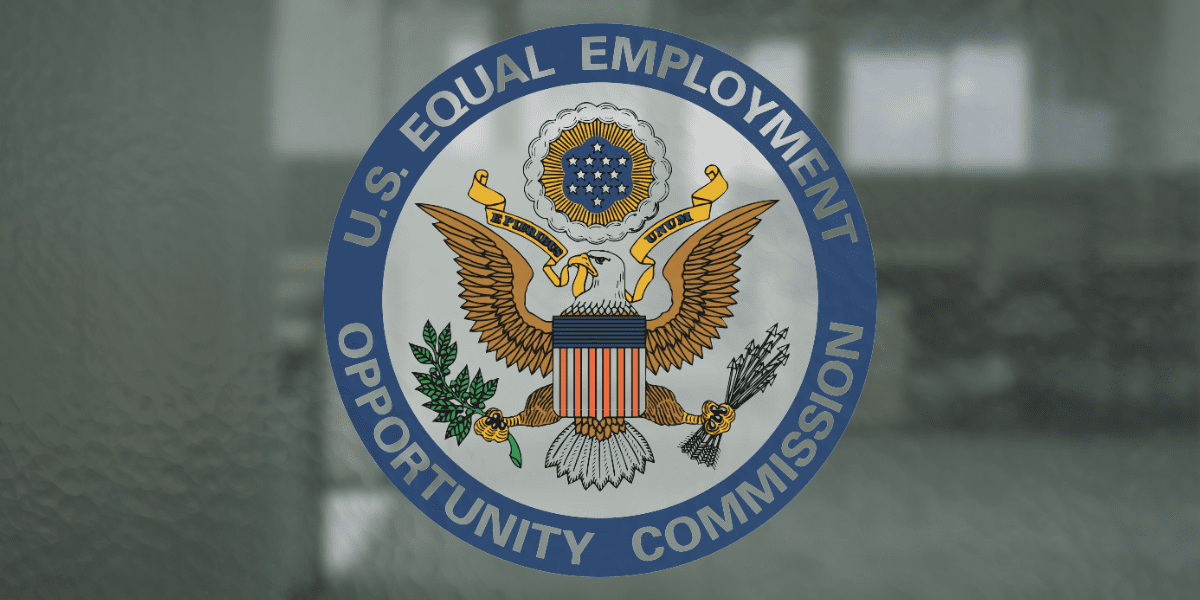
american flag with book and judge on desk
Another day, another alleged violation of the Hatch Act. High-profile names such as U.S. Ambassador to the United Nations Nikki Haley, White House Counselor Kellyanne Conway and White House Press Secretary Sarah Huckabee Sanders are among a number of public officials who have been accused of violating the Hatch Act. But you don’t have to be a household name to potentially violate the Act.
Hatch Act
The Hatch Act is a federal law passed in 1939 and its intent is to “ensure that federal programs are administered in a nonpartisan fashion, to protect federal employees from political coercion in the workplace, and to ensure that federal employees are advanced based on merit and not based on political affiliation,” the U.S. Office of Special Counsel (OSC) website states.
Increasingly, social media is making it easier to violate the Hatch Act, which limits certain political activities of federal employees, as well as some state, Washington, D.C. and local government employees who work in connection with federally funded programs. Haley, Conway and Huckabee Sanders’ alleged violations all occurred on social media platforms, but federal employees are just as susceptible to Twitter trip-ups or Facebook fails.
“Social media and email—and the ease of accessing those accounts at work, either on computers or smartphones—have made it easier for federal employees to violate the Hatch Act,” says the OSC, the organization authorized to investigate violations of the Hatch Act, on its website.
The OSC updated its guidance regarding federal employees’ use of social media in February, 2018. It is critical the federal employees understand their obligations under that Act and should follow the OSC guidance closely.
How does the Hatch Act affect you?
It depends. Civilian employees, including part-time workers, in the executive branch of the federal government (excluding the president or the vice president) and employees of the U.S. Postal Service are covered by the provisions of the Hatch Act.
Federal employees fall within two categories under the Hatch Act: “further restricted” and “less restricted.” With some exceptions, further-restricted employees consist of employees in intelligence and enforcement-type agencies, such as the Federal Bureau of Investigation and the Federal Election Commission, among others, and includes senior executives (SES) in the executive branch wherever located.
Also, with some exceptions, most federal executive branch employees are considered less restricted under the Hatch Act. These employees are allowed take part in partisan political management or partisan political campaigns, according to the OSC.
The Hatch Act also restricts the political activity of individuals employed by state, D.C. or local executive agencies and employees who work in connection with programs that are funded completely or partially by federal loans or grants.
Additionally, both federal and D.C. employees are subject to the Hatch Act when they are on annual leave, sick leave, leave without pay, or furlough. However, employees who work on an occasional or irregular basis, or who are special government employees, as defined in title 18 of United States Code §202(a), are subject to the restrictions only when they are engaged in government business, according to the OSC.
Complaints regarding alleged Hatch Act violations are handled by the Hatch Act Unit, within the OSC, in Washington, D.C. Following an investigation, OSC may seek fines or disciplinary action against an employee who has violated the Hatch Act, before the Merit Systems Protection Board. Violations that are not “sufficiently egregious” to warrant prosecution, may result in a warning letter to the employee involved, according to the OSC. It is important to note that OSC has vigorously prosecuted cases before MSPB over Hatch Act violations that have resulted in removals and suspensions of federal employees, and that OSC takes Hatch Act violations very seriously.
Do not hesitate to contact a federal employment attorney if you have been accused of violating the Hatch Act, or to obtain additional information about the Hatch Act.







